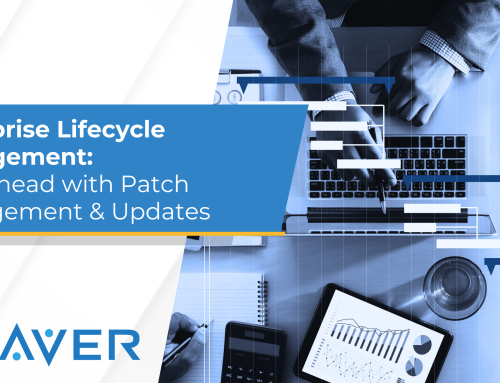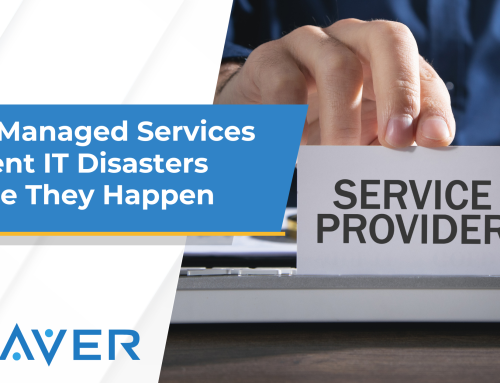As more organizations adopt remote work policies, it becomes increasingly important to ensure secure and efficient access to company resources. Non-persistent VDI is emerging as a particularly effective solution for supporting remote teams. In this blog, we’ll explore the benefits of non-persistent VDI for remote work.
Non-persistent VDI is a virtual desktop infrastructure that enables users to access a shared desktop environment that is not permanently allocated to them. Instead, a new desktop is created for each user session, which is then deleted once the user logs off. This differs from persistent VDI, where users are assigned a dedicated desktop that is allocated to them permanently.
Non-persistent VDI provides several benefits for remote work, including:
Secure Access to Company Resources
One of the most significant benefits of non-persistent VDI is its ability to provide secure access to company resources. By keeping the desktop environment separate from the user’s local device, non-persistent VDI helps prevent malware or viruses from infecting the user’s computer. This also ensures that sensitive company data remains secure, even if the user’s local device is compromised.
Flexibility for Remote Teams
Non-persistent VDI enables remote teams to work from different devices and locations, providing greater flexibility for organizations. Users can access the virtual desktop environment from their personal devices or any other device with an internet connection. This enables employees to work from home, on-the-go, or from different locations without compromising security or productivity.
Cost-Effectiveness for Large Remote Teams
Non-persistent VDI can be a cost-effective solution for larger remote teams. Since virtual desktops are not permanently allocated to users, fewer resources are required to maintain the infrastructure. This can result in cost savings for larger organizations that have a large number of remote employees.
Performance Benefits
Non-persistent VDI can also improve performance for remote teams. By enabling users to access a shared desktop environment, non-persistent VDI reduces the processing power required for each user session. This can result in faster load times, improved response times, and overall better performance.
Security and Compliance Benefits
Non-persistent VDI can also help organizations ensure compliance with security regulations. By providing a centralized desktop environment, non-persistent VDI enables organizations to monitor and control access to company resources more effectively. This can help organizations comply with security regulations and mitigate the risk of data breaches.
In conclusion, non-persistent VDI is an effective solution for supporting remote teams and ensuring secure access to company resources. Its benefits include secure access to company resources, flexibility for remote teams, cost-effectiveness for larger remote teams, performance benefits, and security and compliance benefits.
To learn more about non-persistent VDI for remote work, contact Weaver Technologies today. Our team of experts can help you determine if non-persistent VDI is the right solution for your organization’s remote work needs.






